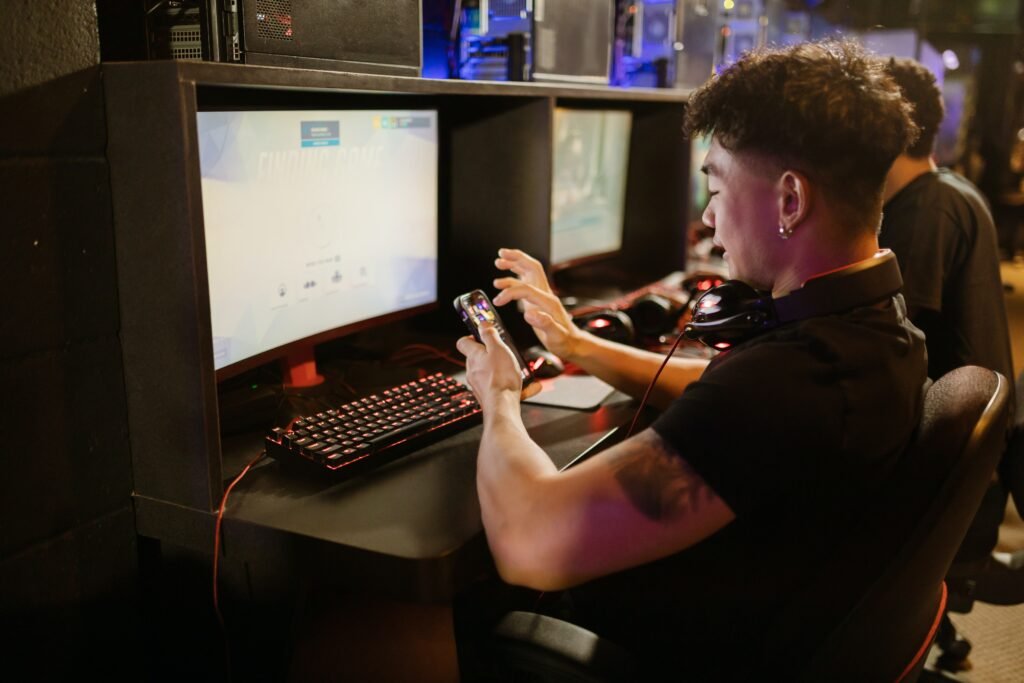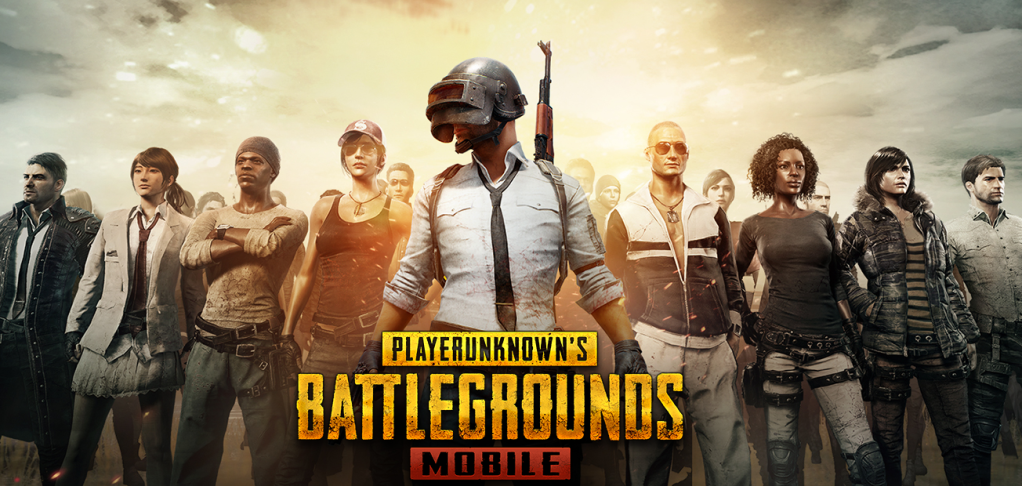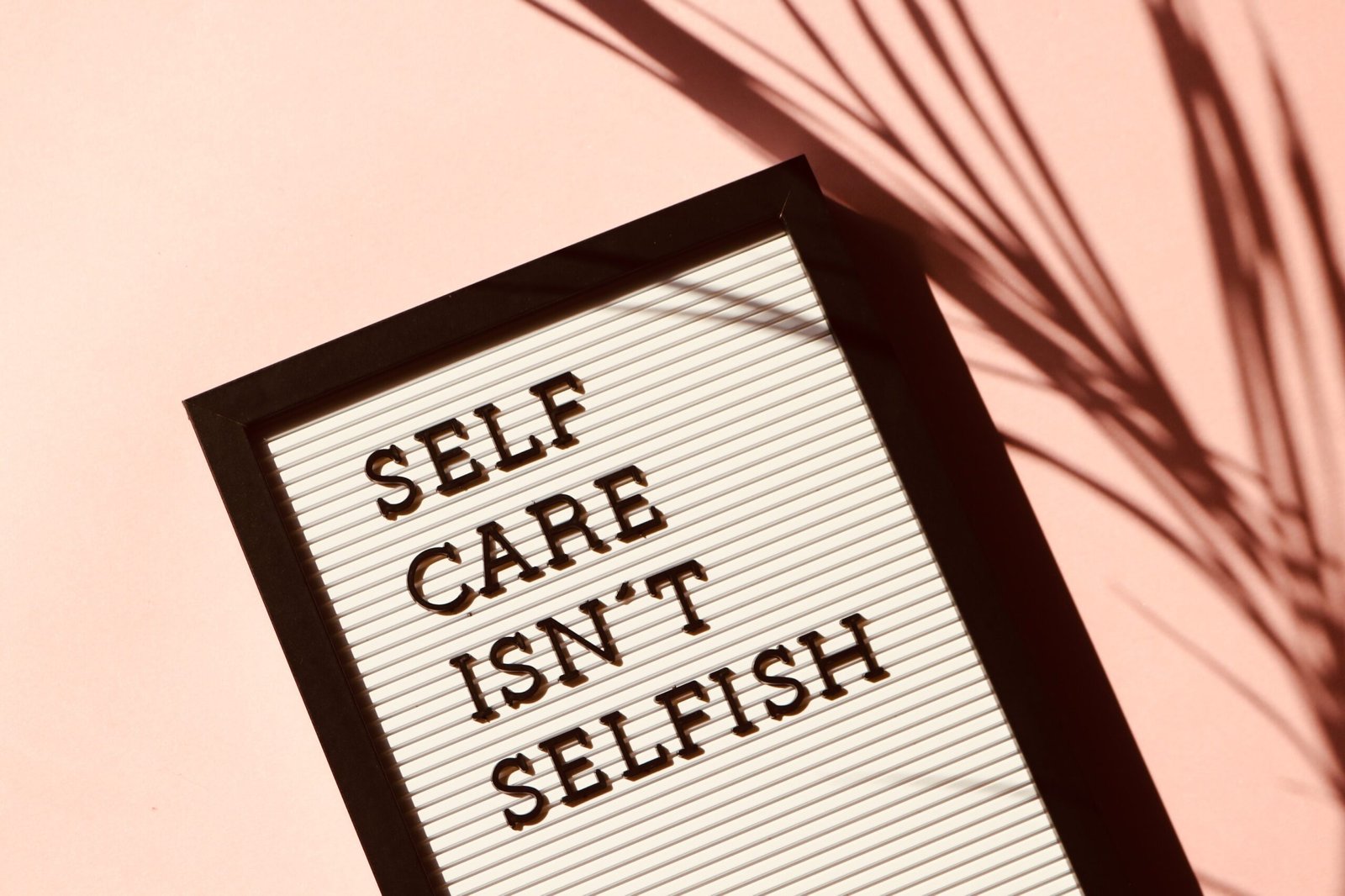Millions of people worldwide now play a variety of online games, which has increased the popularity of the gaming industry in recent years. Online gaming is popular as a form of entertainment and social interaction, but its potential effects on mental health are causing growing concern. We will examine the world of online gaming and its effects on mental health in this blog post.
Types of Online Games
From straightforward mobile games to intricate multiplayer games played on consoles or PCs, there are many different types of online games available. Online games that are particularly well-liked include:
First-person shooters: Games like Call of Duty or Halo
MMORPGs (massively multiplayer online role-playing games): Games like World of Warcraft and Final Fantasy XIV in which players assume the roles of characters in a virtual world.
Sports games: Games that simulate different sports, like FIFA or NBA 2K
Strategy games: Games that demand strategic planning and thinking
Effects on the Brain
Online gaming can affect the brain in both positive and negative ways. Positively, studies have shown that playing video games can enhance cognitive abilities like memory, spatial reasoning, and problem-solving. Online gaming can also give players who might have trouble interacting with others in social situations a sense of community and connection.
Online gaming, however, may have side effects that are harmful to the brain. Excessive gaming can result in addiction, which can alter the structure and function of the brain. Additionally, studies have demonstrated that playing violent video games can increase aggression and desensitize people to violence.

Impact on Mental Health
Online gaming’s effects on mental health are complex and unique for each individual. Playing video games can help some people unwind and relieve stress. Others, however, may experience feelings of social isolation, depression, and anxiety as a result.
Addiction is one possible side effect of online gaming. Gaming addiction can affect mood, behavior, and brain function, just like other types of addiction. In addition to financial difficulties, it can also result in social and professional impairment.
Furthermore, some studies have linked excessive gaming to negative mental health outcomes like depression, anxiety, and sleep issues. It is crucial to remember that even though there may be a correlation, this does not necessarily imply a causal relationship. Additional factors, such as underlying mental health problems or stressors from daily life, may also be at work.
Managing Online Gaming Habits

It’s critical for those who enjoy online gaming to keep their habits in check. Here are some pointers for keeping a balanced life:
Set boundaries: Decide how much time you can spend gaming each day or each week, and then stick to it.
Take breaks: During gaming sessions, take frequent breaks to stretch, rest your eyes, and move your body.
Remain social: Spend time with friends and family and maintain social connections outside of the gaming world.
Engage in self-care: Give self-care practices like exercise, meditation, and adequate rest a high priority.
Seek assistance if necessary: If playing video games is seriously impacting your life, such as your work or relationships, think about getting help from a mental health professional.
Conclusion
Depending on personal factors and habits, playing online games can have either positive or negative effects on mental health. Even though playing video games can be a fun and enjoyable past time, it’s crucial to keep a healthy balance and get support if gaming starts to become a problem. People can benefit from online gaming without it having a negative effect on their mental health by adopting healthy habits and keeping an eye on their gaming behavior.






